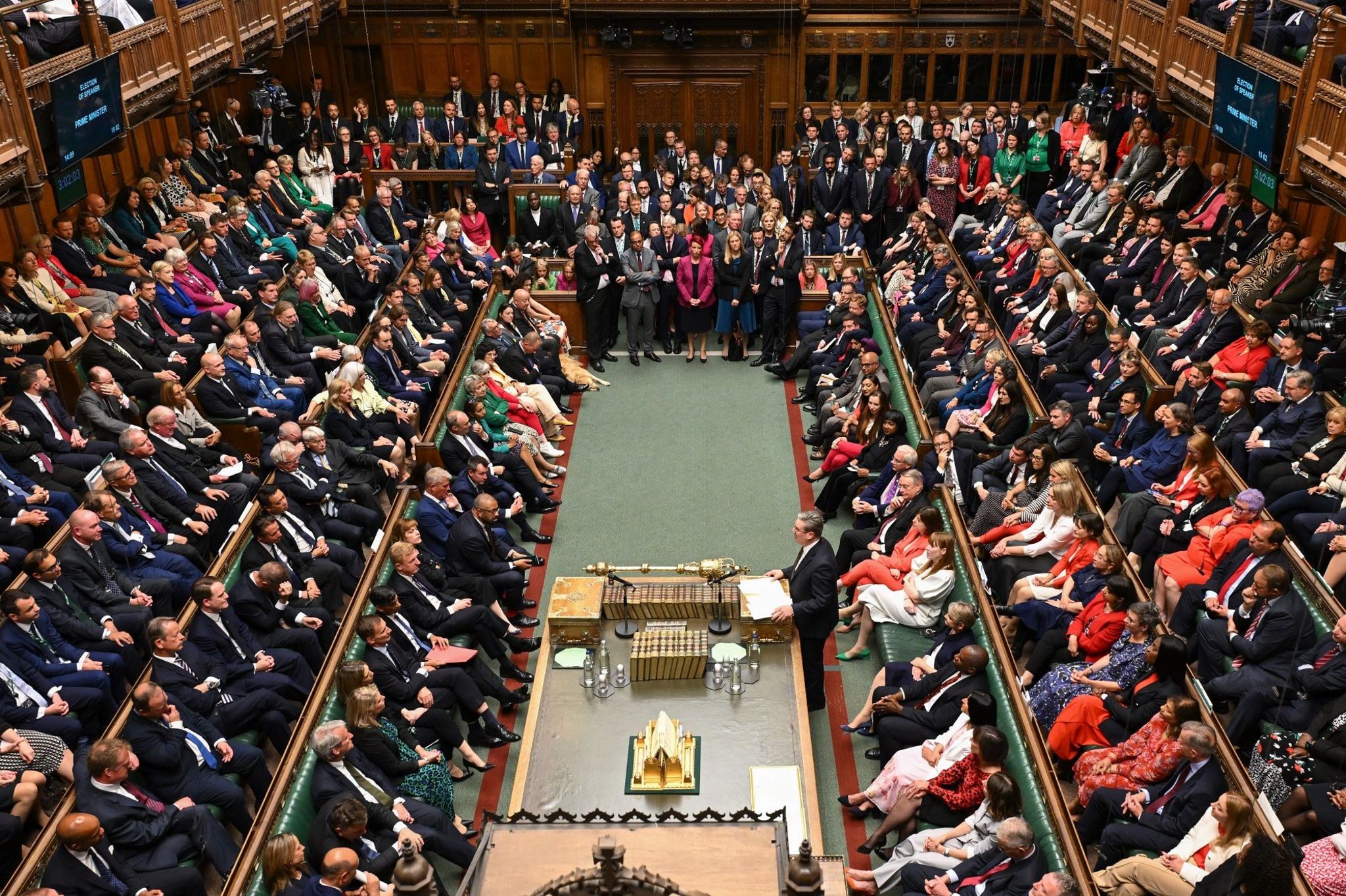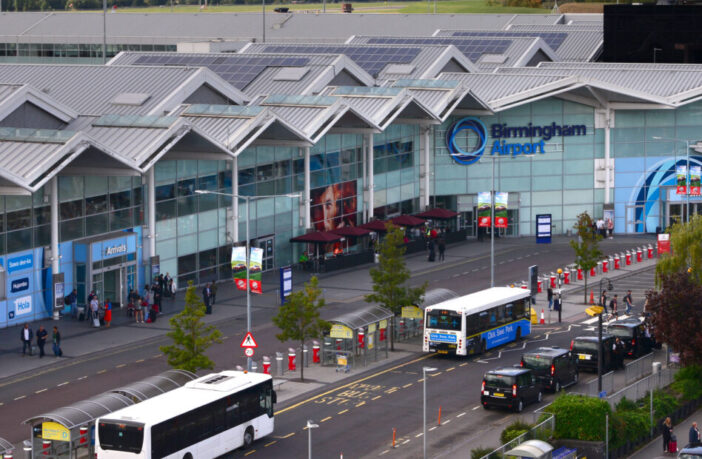New figures from Public Health England (PHE) reveal England’s poorest areas are fast food hotspots, with around a third of outlets – including chip shops, burger bars and pizza places – found in the most deprived communities.The data also suggests fast food outlets account for more than a quarter (26%) of all eateries in England.
The local environment has a major influence on our behaviours and streets crowded with fast food outlets can influence our food choices – many of these have no or little nutrition information in-store. Children exposed to these outlets, whether out with friends or on their way home from school, may find it more difficult to choose healthier options.
The new figures also show a variation in the number of fast food outlets across England, ranging from zero in some wards to over 100 in others.
Many local authorities across England have taken action to address their food environment and PHE is encouraging them to learn from each other. At least 40 areas have developed policies to restrict the growth of new takeaways and fast food outlets, and PHE has helped develop stronger planning guidance to support other areas in doing this.
Some have developed ‘healthier zones’ to help tackle childhood obesity by limiting the number of outlets in areas with high concentrations of fast food outlets, high levels of deprivation, or where children gather – including near schools, community centres, parks, playgrounds and other open spaces.
While not all fast food is unhealthy, it is typically higher in salt, calories and saturated fat, all of which can cause serious health problems when consumed too often and in large quantities. Children with excess weight are consuming up to 500 extra calories per day, so creating healthier environments could play an important role in tackling obesity and health inequalities.
Over a third of children in England are overweight or obese by the time they leave primary school – this is even higher in some deprived communities. This increases their risk of being overweight or obese adults and suffering preventable diseases including type 2 diabetes, heart disease and some cancers.
Dr Lola Abudu, Director for Health and Wellbeing with PHE West Midlands, said: “Local authorities have the power to shape our environment and support people in making healthier choices, including tackling these fast food hotspots in some of the region’s poorest areas. There is some excellent work going on in the West Midlands, with councils looking at ways to help people lead healthier lives, including working with local businesses.”
The City of Wolverhampton Council is one of those local authorities which is actively tackling the problem. Councillor Hazel Malcolm, Cabinet Member for Public Health and Wellbeing, said: “Nearly 70% of adults in Wolverhampton are either overweight or obese, and with around one in six meals we eat made outside the home we believe it is important that people have the opportunity to eat as well and as healthily as possible.
“As a council, we have worked with dozens of fast food restaurants in recent years to support them to offer healthier menus, either by serving healthier options or by making simple changes to ingredients or cooking techniques while still delivering tasty meals. This is not about us telling customers what they can and cannot have, but about encouraging takeaways to offer healthier alternatives which customers can choose to have if that’s what they want.
“At the same time, we have introduced new planning guidance to restrict new hot food takeaways from opening in shopping centres or parades where there are already a high percentage of such retailers, and also close to secondary schools. The guidance doesn't have any impact on existing hot food takeaways, nor does it limit the type of takeaways in Wolverhampton, but it will help ensure we do not end up with too many takeaways."
Food outlets can make a valuable contribution to our high streets. However, with the impact of obesity on local authority social care budgets estimated at £352 million per year, encouraging healthier choices can make a positive difference.
As part of its work to improve the local food environment, PHE helps local authorities work with small businesses to provide healthier options. This can be through using less salt, sugar and saturated fat in their products, as well as offering customers smaller portions and promoting healthier alternatives. Some areas have healthy catering schemes to recognise and support local retailers who are making changes.
PHE has also challenged major players in the food industry to remove 20% of calories from popular foods – including chips, burgers and pizzas – by 2024, as part of government’s steps to address childhood obesity. This is in addition to its challenge to industry to reduce sugar in everyday products by 20% by 2020. With a quarter of our calories coming from food consumed outside the home, restaurants including fast food outlets and takeaways are expected to play their part.
As part of its One You campaign, PHE has helped consumers find healthier options by partnering with major high street retailers, where millions of people buy their food every day.
















